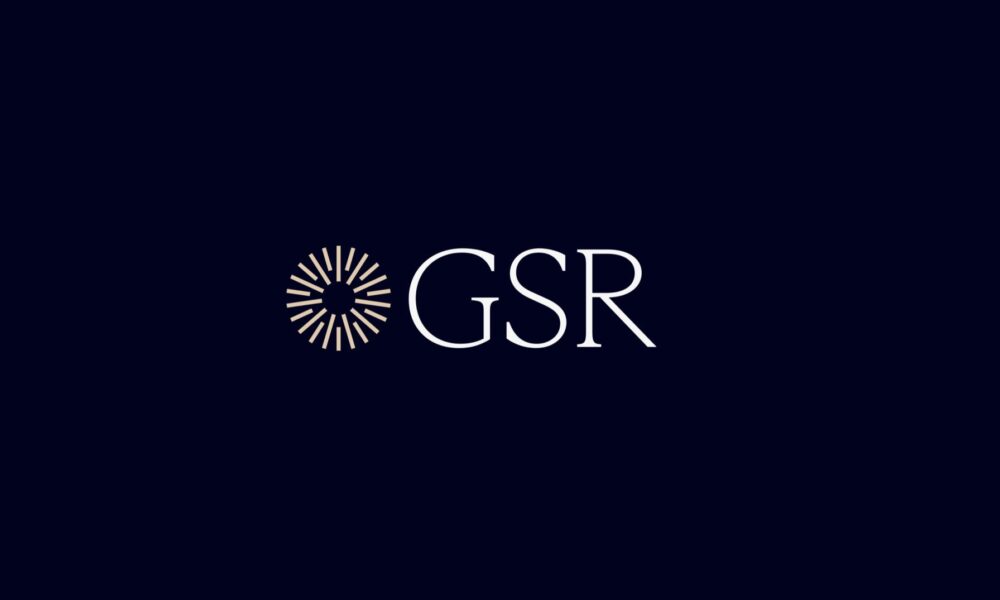During this period of COVID-19, it’s imperative to get all of your finances in order as the global economy plunges into its worst recession since World War II and shrinks by 5.2%.
Since these are unprecedented times, there’s already plenty of uncertainty and fear, and the last thing you’d want to worry about is your finances. While some of us may emerge relatively unscathed from the crisis, most of us won’t be so lucky.
With finances already being stretched thanks to the coronavirus outbreak, it’s essential to keep your savings in check. Cutting back on unnecessary expenses, saving, and investing are steps that we should take to free up cash during these trying times. Here are some tips to get you started.
Make smart investments
While you can earn some money by placing your savings in a bank, investments can help you earn more. Even though investments can come across as daunting – especially if you don’t have any knowledge or experience with them, there are plenty of resources online that can help you get started.
An excellent investment to consider is active ETFs. These investments are usually managed by experienced portfolio managers and focus on a wide variety of investment strategies. They’re also quick, flexible, aren’t expensive, and are great for investors looking to reduce their overall market risk.
Meet with a financial planner
If you’re not sure where to start, you can begin by scheduling a meeting with a financial planner or mortgage broker. During your session, he or she can take a look at your investments, current savings, and help with crafting a tailored strategy that’ll help you meet your financial goals as efficiently as possible.
From providing professional advice to taking a look at your budget, tax, and insurance, a financial planner will make sure that you’re sticking to your financial plan and not deviating from it.
Beef up your savings
Even though these are trying times, and most of us struggle to make ends meet, it’s crucial still to place a portion of your paycheck in savings – even if it’s just $10 or $20 a week. The best way to start is to break it down by month; if you make $3,000 a month, for example, you’ll then want to break this amount further and see how you can go about spending or saving these dollars.
You’ll also want to cut some of your expenses, such as reducing living expenses, utility costs, and additional guilty purchases. If you’ve got a tendency to use credit cards, it’s also essential you put them away until you’ve got your finances in order as you’ll incur interest by having a credit card balance.
Earn a side income
In addition to saving money, making investments, and talking to a financial planner, you can also try and look for some ways to diversify your income. Since you’ve got a little more time on your hands during this period, finding some part-time work can be incredibly helpful.
Some possible income streams to consider include making food deliveries, renting out a spare room that you may have, or even looking for jobs such as copywriting and graphic design on freelance platforms.
Start early
Saving isn’t easy, and life can throw multiple curveballs at us. By incorporating some of the tips above, however, you’ll be better equipped to manage your personal finances. After all, having a plan and being able to stick to it will allow you to cover your expenses, save for retirement, and plan for the future.
In the meantime, don’t lose hope and stay ahead of the pack by managing your finances early. While it might seem difficult right now, know that there’s a light at the end of the tunnel, and your improved financial position will help you stay afloat among grueling times.



































